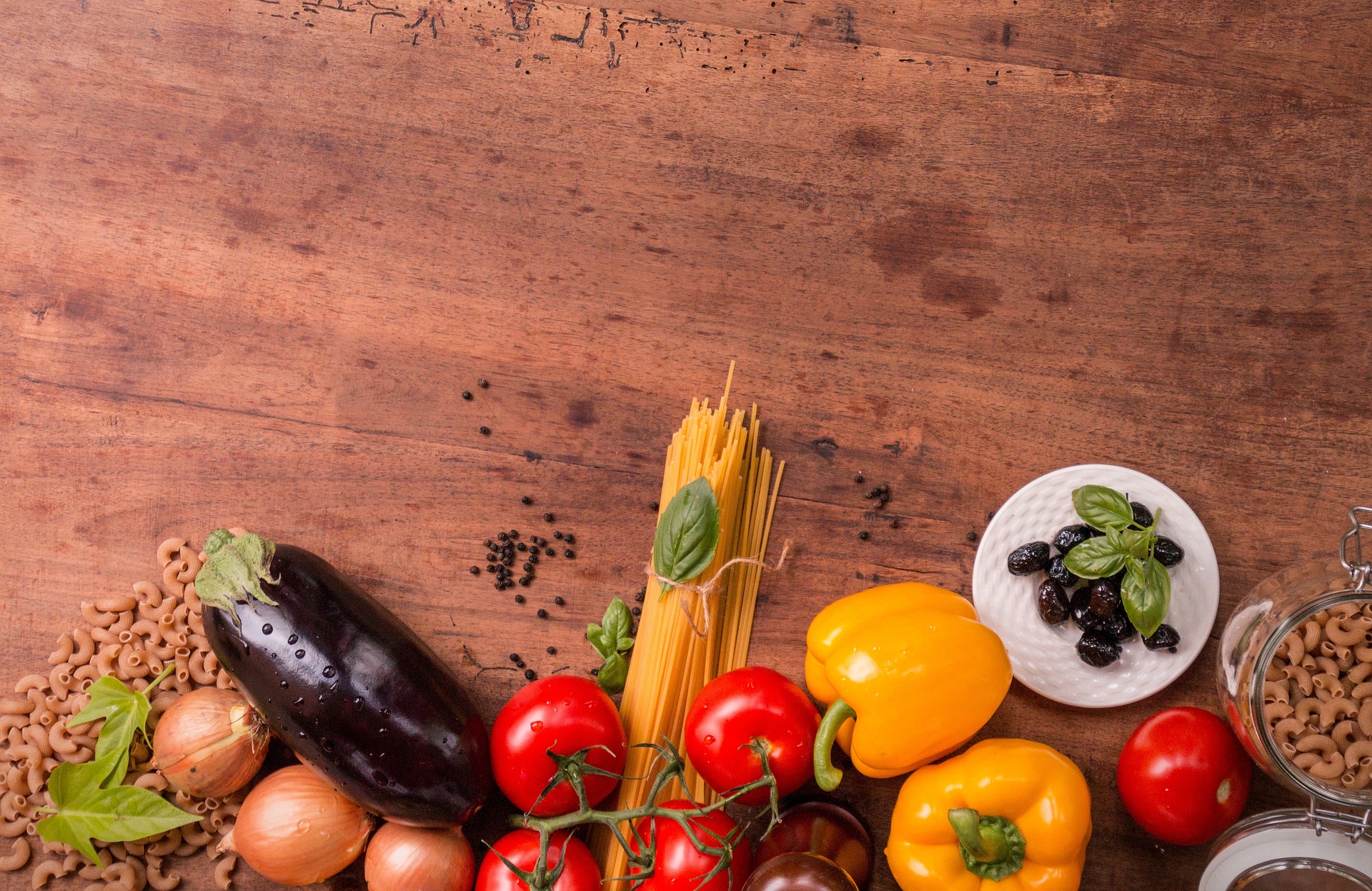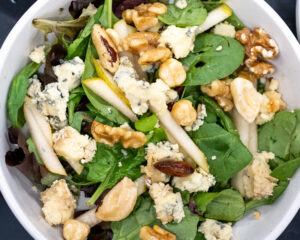
More of us than ever are cutting back on meat
Low meat and meat free diets are becoming more and more popular, with the number of us taking part in Veganuary hitting a record high in 2022. Many of us are eating less meat to improve our health, cut food costs and tackle climate change through a meat free diet.
Vegetarian for the planet
Lowering your meat consumption or adopting a vegetarian diet is a great way to lower your carbon footprint; this is sometimes known as a climatarian diet. The Guardian reported that food production accounts for one third of the world’s greenhouse gas emissions, and of that third, 60% of those emissions are from meat production. Meat makes up such a large proportion of emissions from food production as it requires a lot of land and resources, for example, a chicken breast takes over 735 litres of water to produce, that could fill up a bathtub 4.6 times.
The National Food Strategy suggests that we should be eating 30 percent less meat by 2030 if we are to achieve our climate targets – this works out at about two meat free days per week for a daily meat eater. So, cutting down on meat and becoming a vegetarian can be great for the planet.
Less meat, less cost
 Not only can eating less meat be better for the planet, it can be kinder to your pocket. Research by Cambridge University found that a vegetarian food shop can be up to 31% cheaper than a meat diet and eating less meat can be up to 14% cheaper. So, with costs rising, swapping meat for beans and pulses can be kinder to your pocket.
Not only can eating less meat be better for the planet, it can be kinder to your pocket. Research by Cambridge University found that a vegetarian food shop can be up to 31% cheaper than a meat diet and eating less meat can be up to 14% cheaper. So, with costs rising, swapping meat for beans and pulses can be kinder to your pocket.
Cutting back on meat and health
 Trying a vegetarian diet can also be a way to improve your health. In general, eating more vegetables is more nutritious for you and meat alternatives such as Quorn (mycoprotein) has less saturated fat per serving compared to meat equivalents.
Trying a vegetarian diet can also be a way to improve your health. In general, eating more vegetables is more nutritious for you and meat alternatives such as Quorn (mycoprotein) has less saturated fat per serving compared to meat equivalents.
The NHS has confirmed that you can get all of the nutrients you require from a vegetarian diet; for example, vitamin B12 can be found in the humble shitake mushroom and protein from pulses, lentils and tofu.
The key to any diet is balance. It is important that you are eating a variety of foods that are rich in nutrients to ensure your body has all it needs. Before changing your diet in any way, please consult your GP to ensure it’s the right choice for you.

Conclusion
Being vegetarian doesn’t have to be boring, with many meat alternatives on the market you can still get your meaty fix. Any change to your diet is a great opportunity to experiment and put your culinary skills to the test – so, why not find ingredients to make your own veggie burgers or try a recipe for seitan. There are thousands of low carbon, meat free, recipes online, enough to cater to anyone’s taste. If you want to find out more, why not visit the Vegetarian Society’s website, which has great resources and recipes to help you lower your meat intake. However, If this article hasn’t swayed you to try vegetarianism, BBC Good Food has a delicious selection of low carbon meals that you can try.

